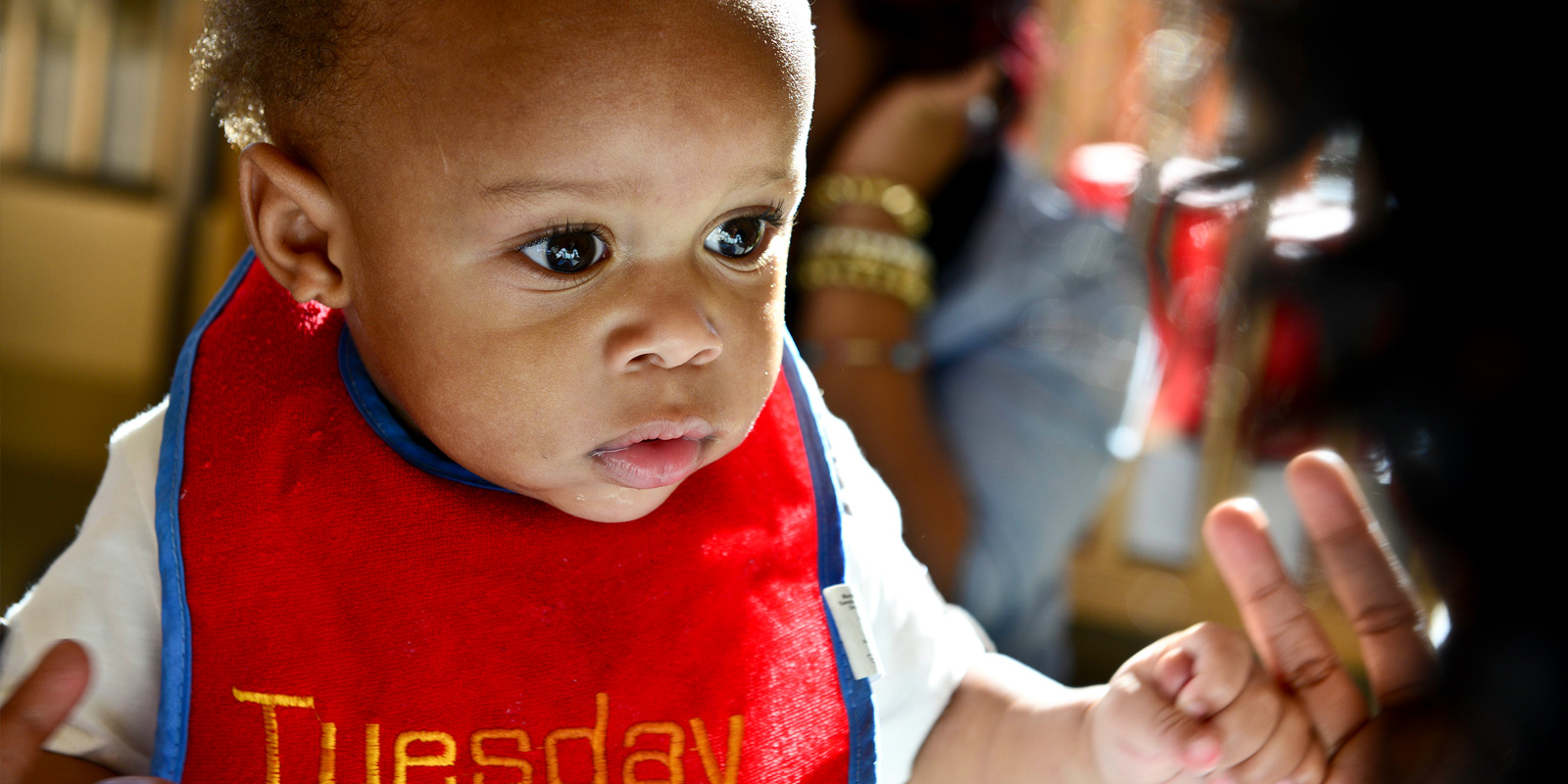Dr. Alicia Lieberman was on a telemedicine call with a mother and her four-year-old son. The boy was continually and dramatically “playing dead,” and the mother was losing her patience with him.
“Have you talked to him about the coronavirus?” Dr. Lieberman asked.

“No, I don’t want to frighten him,” the mother replied.
“Mom was wearing a mask,” Dr. Lieberman told me later. “How could her son not notice that?”
Of course, the boy already knew, on some level, about the virus. When his mother did talk to him after the telemedicine call, explaining what she knew, admitting that the virus is scary, and describing to him in a reassuring tone of voice what she was doing to keep him and the family safe, he had questions. How can something be so small you can’t even see it? How can something that small kill you? She answered to the best of her ability, and shortly thereafter he seemed calmer and stopped playing dead.
As Director of the Child Trauma Research Program at the University of California, San Francisco, Dr. Lieberman helps practitioners, parents and advocates to help traumatized young children. “The first five years are the most dangerous, epidemiologically speaking,” she explains. This time also provides the greatest opportunities to promote children’s and families’ strengths.
👉 Read more: Asset-Informed Care: Seeing People as More than the Worst That’s Happened to Them
Dr. Lieberman is the developer of Child-Parent Psychotherapy, an approach that involves seeing both together and helping them understand each other’s conflicting feelings and points of view. She is a disciple of Selma Fraiberg, author of the groundbreaking article Ghosts in the Nursery (1975), the title of which Lieberman describes as “the suppressed parts of our lives where we feel unresolvable fear, which can get turned into anger.”
Another influence on Dr. Lieberman’s thinking was Stanley Greenberg, pioneer of the “floortime approach,” which literally meant getting down on the same level as young children.
“Trauma,” explains Dr. Lieberman, “will be transmitted from generation to generation unless it is addressed and processed. We have to be willing to speak the unspeakable. We have to be authentic. Children need us to take them seriously.”
Asked whether babies can register trauma, Dr. Lieberman explains that four-month-olds who are removed from abusive parents and put in foster care will, when re-introduced to their abusers, might turn their heads away and scream—expressing themselves with the the only language they have.
Even if it doesn’t strike anybody we know, the coronavirus pandemic must be viewed as a trauma. She compares it to a tsunami: “Whether we are safe on high ground or in a cabin in the coastline, we are all affected.”
It should come as no surprise that in the midst of this traumatic pandemic, children have been waking up crying more often and throwing more tantrums. Her advice for parents and caregivers:
- Be honest. Translate reality for even the youngest children. “Kids are smart,” she says. “They can tell if you’re lying or sugarcoating.”
- Be understanding. Now is not the time for expecting children to “tough it out.” Dr. Lieberman does not agree with a widely cited recent Atlantic magazine article and a popular columnist who have railed against “coddling” children. “They are talking about families with an abundance of wealth and resources, she explains. (And even with these families it is more complex). Lieberman says, “Children thrive when adults acknowledge and support their developmental needs. They rely on the adults they trust to manage their fear and move toward self-confidence, age-appropriate autonomy, and secure relationships.”
- Take care of yourself. Stress is contagious and children are highly responsive to how their parents feel. Dr. Lieberman invokes the metaphor of the oxygen mask on the plane. “It’s like the flight attendant always says, put on your own mask first.”
Recognizing that the trauma is real and ongoing, Dr. Lieberman says she’s been consistently impressed with the resourcefulness of parents as they attempt to manage their careers and simultaneously attend to their children. “They’re being present for their children,” she says, “and that’s more important than being perfect.” None of us every can be perfect!

Mark Swartz
Mark Swartz writes about efforts to improve early care and education as well as developments in the U.S. care economy. He lives in Maryland.



